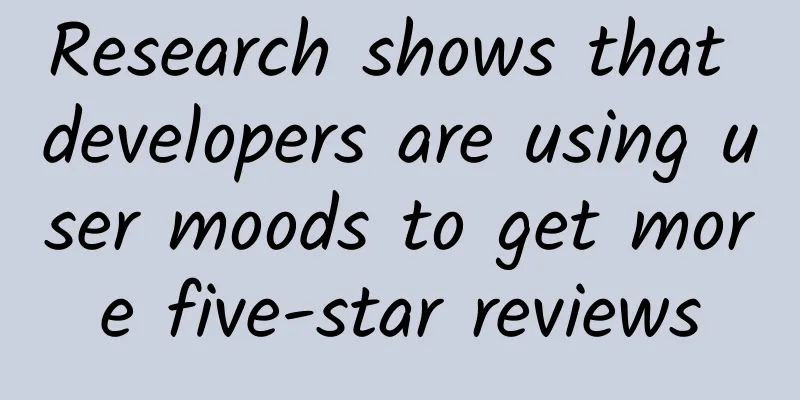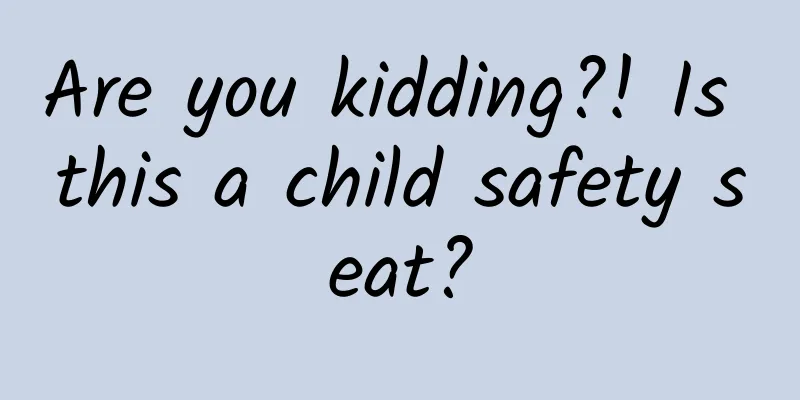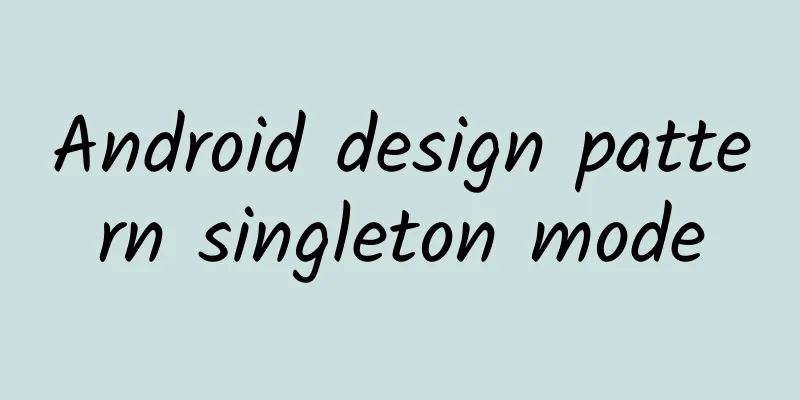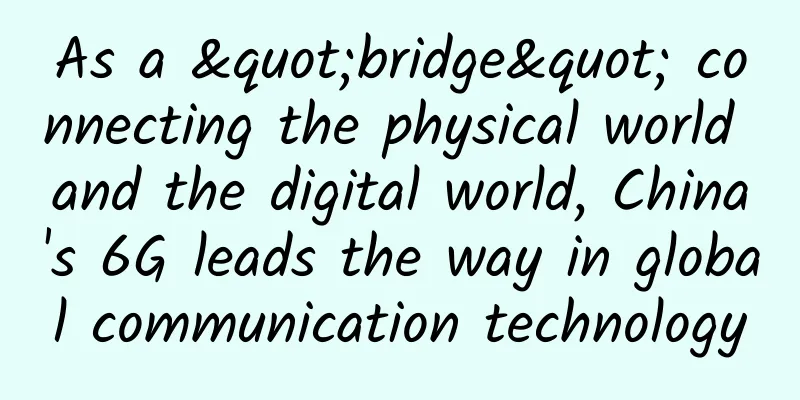Research shows that developers are using user moods to get more five-star reviews

|
In 2008, when Apple announced the launch of the App Store, there were only hundreds of apps in the store. More than a decade later, this number has soared to millions. Now we can download a wide variety of apps through the App Store, covering scenarios such as life, work, and entertainment.
Where there is a market, there is competition. In order to attract more users to download and use their own applications, developers have to use all means, among which user ratings are considered one of the keys to improving the application search ranking. Therefore, we often receive pop-up messages inviting evaluation when using applications. Although the product logic behind it is questionable, the focus of today's discussion is not on this, but on when the pop-up window inviting evaluation will pop up. According to foreign media reports, they found that many apps and games use user moods to increase the success rate of inviting users to review, thereby obtaining a higher chance of full score reviews. For example, game apps will pop up a pop-up window inviting you to review when you get a high score; bank/wallet apps will send out review invitations on payday; sports apps will only invite users to review when the team they support wins, etc. Since the automatic App Store rating mechanism was launched, Apple has been committed to combating fraudulent scoring, but it has not been able to fully eliminate such cheating methods that attempt to deceive the system. The above-mentioned use of psychology to understand user moods, emotions, and behaviors to obtain higher app ratings is generally difficult to classify as cheating. Because at best, they are not "hacking" the system, but "hacking" your brain.
It is worth mentioning that this strategy of obtaining high ratings through user moods is already an "open secret" in the industry, so much so that "among large enterprises, it is difficult to find a company that does not do this," said Brian Levine, vice president of strategy and analysis at consulting firm Mobiquity. Competition among apps is fierce, so getting high scores is crucial. Apptentive, a review management company, calls ratings "the lifeblood of the mobile app world." Their research shows that upgrading an app from a two-star rating to a three-star rating can increase downloads by 306%, while a jump from three stars to four stars can increase downloads by 92%. Gummicube, which helps companies optimize the App Store, says four out of five users don't trust apps with ratings below four stars. |
>>: What can Huawei's HMS ecosystem do for Chinese companies going overseas?
Recommend
The Perseid meteor shower "blooms" in the night sky! You may not think how it is formed...
Produced by: Science Popularization China Author:...
Another case solved! The third brother of Jiangxia fish appeared 4,000 kilometers away, and the "culprit" turned out to be plate drift!
Produced by: Science Popularization China Author:...
Independent live streaming platforms have reached a turning point: Either they stand with the giants or they fall with the wind
"The situation is much worse than you said.&...
Is your phone always running out of memory? It turns out that you didn’t do this step well. No wonder deleting files doesn’t work.
For those who love to record their lives, it is c...
Douyin Store Practical Training Camp starts from 0, Douke Alliance expert sales model, super detailed Q&A
Douyin Store Practical Training Camp starts from ...
Analysis of Tik Tok media advertising in Q1 2020!
Douyin’s DAU has exceeded 400 million, a 60% incr...
The tragedy of WeChat’s payment scenarios: Grab the red envelope and spend it with Alipay?
[[128063]] After the New Year's Eve, the fier...
Free is the best activity to attract new customers strategy
The event will start from August 8th and last unt...
The heaviest rain and snow this winter is coming, with local temperatures dropping by more than 14°C! Be careful when traveling back home →
Central Meteorological Observatory Today (January...
Brand promotion: How to find truly valuable users?
Whether we are doing marketing or business, we al...
The weather is too hot and you want to "fly up to the sky" to teach the sun a lesson? Here are three ways to do it
"I want to fly up to the sky and stand shoul...
Can the transformation into a "living room computer" be a lifeline for OTT boxes?
After the State Administration of Radio, Film and...
Zhang Chaoyang: TV series are still the "staple food" of Sohu Video
January 30 (Reporter Zhang Zhichang) After the fu...
JD.com, which holds big data, wants to further increase the value of data
Since the whole society entered the Internet era,...









